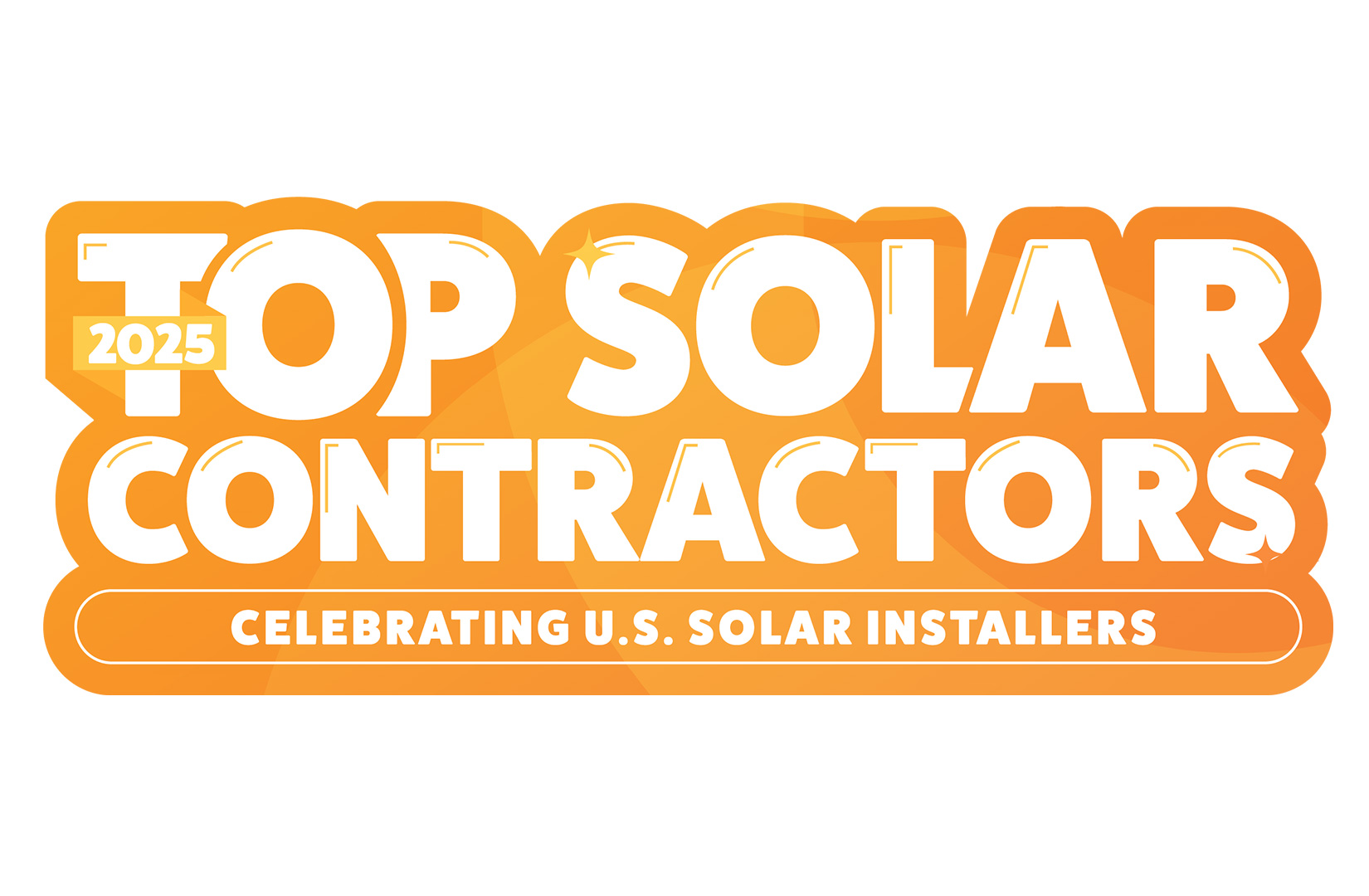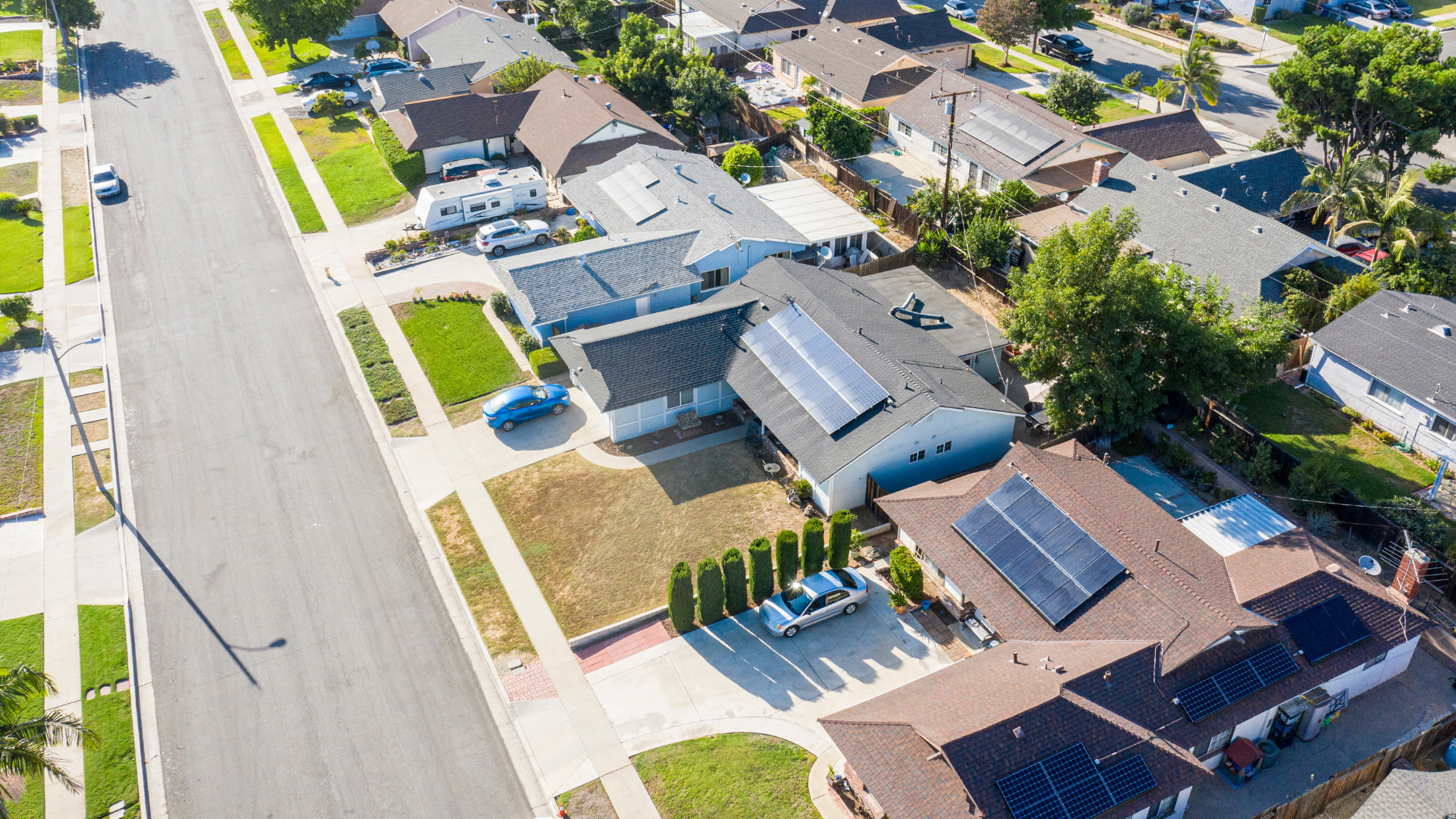Installing solar panels can be a big investment, but there are many ways to save money on residential solar panels. As you consider utilizing solar energy in Nevada, think about these three ways you can save money.
Use Net Metering for Solar Energy in Nevada
Nevada is a primarily sunny state making solar energy a popular energy source. Net metering makes solar energy a popular choice thanks to the money saved it provides. Net metering rules in Nevada dictate how the state government can buy energy from private citizens’ solar systems. The homeowner can generate electricity through the solar panels for the home and then sell the surplus back to the state’s electrical grid.
Solar panels, especially when installed on a west-facing roof of your home, benefit people who utilize Time of Use Rates. If you are billed based on Time of Use rates, you get billed different amounts for your electricity usage at different times of the day. Peak hours are typically during the night when you are home from work and school and using your appliances and lights. The daytime is less due to most people being away from the home and not using electricity.
Solar panels benefit Time of Use consumers because the solar panels generate the most electricity during the non-peak hours when the sun is the highest in the sky. This electricity can be used to lower your electricity usage during peak hours and then the surplus can be sold back to the state grid thanks to net metering.
Combine Solar Panels with a Battery for the Solar Storage Rebate
Don’t stop at just installing solar panels on your home. Upgrade to a home battery storage system.
There are no nationwide incentives for energy storage incentives. However, there is a battery incentive program through NV Energy that makes it advantageous to pair a battery with your solar system. There is an upfront storage incentive of up to $3,000 for homeowners based on the size of the battery and whether or not a Time-Of-Use (TOU) customer. A TOU customer can receive a maximum of $0.19 per watt-hour and non-TOU customers can receive $0.095 per watt-hour.
Don’t Forget the ITC Tax Credit
With the ITC Tax Credit, otherwise known as the federal solar tax credit, you can deduct 30 percent of the cost of installing a solar energy system in your home from your federal income taxes. The tax credit will run for 10 more years until 2032 before stepping down to 26% in 2033.
The ITC Credit applies to residential and commercial properties and there is no cap on its value. The average consumer saves about $9,000 on the cost of installing solar energy in Nevada.
Your Local Solar Experts
Going solar can be a big investment, but there are plenty of ways to save. In addition to tax incentives and rebates, we can also help you finance your purchase and offset the initial expense.
Whether you are looking to pay cash and get the best write-off for tax purposes, or you want to take advantage of a zero-down financing option, Solar Optimum will work with you to find the best solution for you. We partner with the top financing providers in the industry to give you the best options available. Contact us to learn more!







